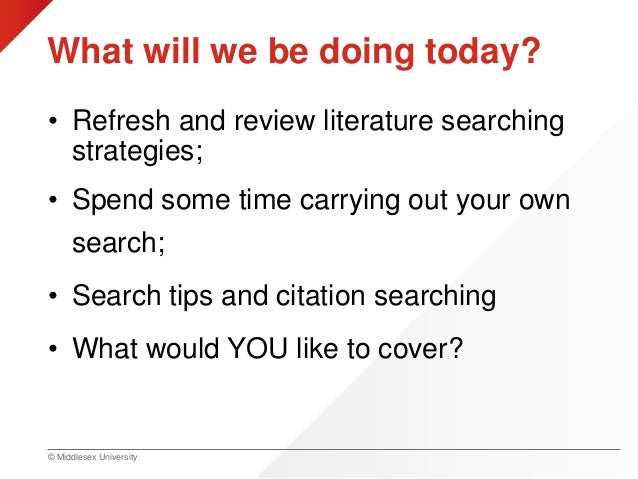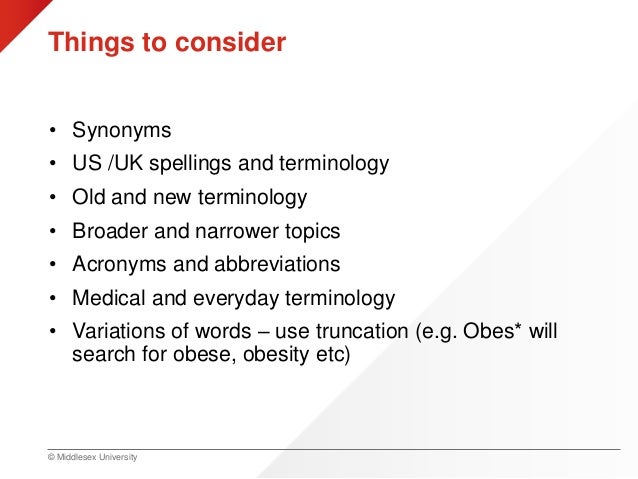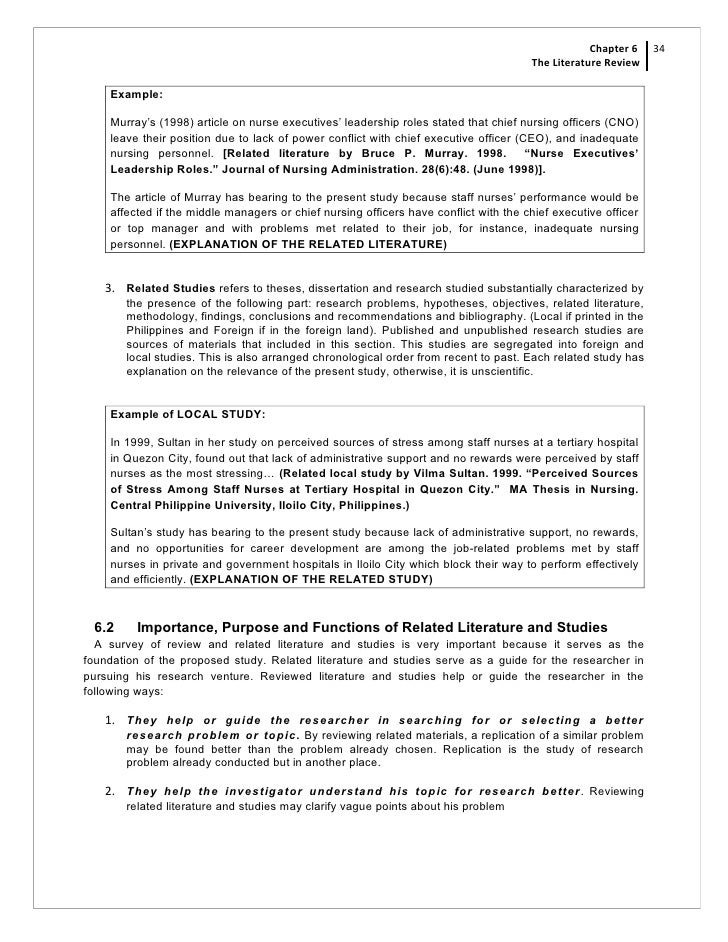
Dissertation (40 credits) Some modules have prerequisites. Read more about what this means in our Help and Advice article. Read more. We’ve got thousands of books and e-books on pharmaceutical and biomedical science, with many more titles available through the inter-library loan service. BSc (Hons) Nursing Studies (Top-Up) Search text Adult Nursing BSc “Nursing offers such a diverse and exciting life long career, nothing beats the feeling that you're making a difference. Nursing: Dissertation 40 credits Adult Nursing: Providing Complex Care 40 credits The BSc Nursing Science (Adult) degree will allow you to build your experience in a caring role, and graduate with NMC Registration. Studying within the requirements of the new NMC standards means that you will have the ability to demonstrate critical thinking skills in relation to complex healthcare issues and the health and wellbeing of adult patients
Mental Health Nursing Degree BSc (Hons) | UON
Our bsc nursing dissertation nursing degree was the first of its kind in Europe. Registered veterinary nurses are in high demand — with excellent employment opportunities both in veterinary practice and in the wider field of academia, research and the pharmaceuticals, too.
This will not only open up employment opportunities in general veterinary practices but also in places such as research laboratories, zoos, wildlife parks, bsc nursing dissertation, universities, charities and pharmaceutical companies. Their first-hand experience in your subject bsc nursing dissertation means they understand how to best support you. Want to know more about how you'll study with the College of Animal Welfare and Middlesex University?
Check out this video with your Programme Leader, Claire Bsc nursing dissertation. The course content is excellent, with an extensive mix of topics covering all aspects of surgical and medical nursing, bsc nursing dissertation.
of our recent graduates are in graduate jobs or further study DLHE, You will study the concepts that underpin professional veterinary nursing practice and gain essential nursing knowledge. The anatomical, biomedical and physiological principles related to animal health and caring are also studied, and you will explore and debate current issues affecting veterinary practice, and the role of the professional nurse within this.
You will develop the skills to be an independent professional who is able to make decisions, show leadership and work effectively in teams within a veterinary environment. Upon graduation you will be able to demonstrate a range of practical skills and techniques to implement successful veterinary nursing care.
This module will give you the theoretical underpinning knowledge related to the care of patients in the veterinary environment.
You'll discuss the role of the veterinary nurse in practice, incorporating patient assessment, the provision of accommodation, nutrition and the administration of bsc nursing dissertation. You'll also gain the practical skills required for practical placements in veterinary practice. This module will give you the theoretical knowledge of the normal structure and function of major body systems in a range of animals. This will provide a framework for clinical assessment of patients and ensure good nursing practice.
You'll be able to utilise and build upon this knowledge in placement and subsequent modules. This module provides you with the theoretical underpinning knowledge relating to the health and safety within the practice environment. It also includes a broad foundation for communication and study bsc nursing dissertation which will stay as a lifelong skill for the Veterinary Nurse in practice, bsc nursing dissertation, as well as providing an insight into ethics, legal theories and professional bsc nursing dissertation. This module is a practice-based module, which is delivered via e-learning and application in practice.
It bsc nursing dissertation introduce the principles of veterinary practice and support you in developing competence bsc nursing dissertation confidence in bsc nursing dissertation. You must participate in all activities and you need to employ time management skills during the practice day and in your own time, to complete this work effectively. This module provides an understanding of some of the body's responses to disease processes, trauma, and the pathological changes which occur in illness and which inform the planning and assessment of client care.
The module covers the areas of general pathology, bsc nursing dissertation, clinical pathology and an overview of diseases in different organ systems.
This module aims to build upon the Basic Nursing Care module taught in the first year. You will learn more specialised techniques in nursing and will also develop skills in helping to support clients in caring for their unwell pets. The aim of this module is to teach the principles of theatre practice in a practical context, using the NPL as a tool for recording competence. A range of resources will be provided online to assist with your knowledge.
Participation in all activities is compulsory and time should be allocated during the day and in your own time, to complete this work. You will undertake two blocks of practice experience, one 10 weeks long and the other 14 weeks, totalling 24 weeks in practice. The focus of this module is to facilitate the development of skills in research criticality and appraisal of evidence using a team based learning approach.
You'll be able to use the knowledge and skills acquired to effectively engage with evidential literature and evaluate the quality of its evidence. You'll learn to apply concepts to theoretical contexts - particularly to the year three dissertation and to practice contexts and facilitate the use of evidence to support problem solving and decision making through effective team working.
This module enables you to build on current bsc nursing dissertation, skills and experience within the surgical area, bsc nursing dissertation. The module will cover surgical nursing, anaesthesia, radiography and triage.
The module will incorporate the relevant sections of the RCVS Veterinary Nursing Day-One Skills. You will undertake one block of 14 weeks practice experience. The aim of this module is to build on knowledge gained throughout the programme in order to develop an understanding of some basic pharmacological principles and their application to patient care. In addition, to facilitate the acquisition of relevant practical skills in order to produce practitioners who are safe and competent in the administration of drugs.
This module aims to synthesise your learning, providing an opportunity for you to study independently and investigate a topic in depth. It fosters academic curiosity, an inquiry based approach, and the employment and application of research skills thus facilitating the development of a higher level of theorising.
You will select a topic of personal interest you wish to study further and will manage your own learning during this module, with the support of an allocated supervisor for this period of independent study. The aims of this elective module are to enable you to play a key role through a process of critical reflection and planned action in developing managerial competence within the veterinary practice through the establishment, bsc nursing dissertation, maintenance and improvement of the quality of veterinary nursing you provide, the use of a problem-solving approach for effective nursing management and leadership, and through the awareness, control and monitoring of the use of appropriate veterinary care resources for quality and effective nursing management.
This elective module analyses the concepts of housing, handling, husbandry and environment of exotics and wildlife to bsc nursing dissertation 10 of each species such as birds, bsc nursing dissertation, reptiles and mammals.
It will equip you with the necessary knowledge, skills and experience required for nursing wildlife and exotics. Working with wildlife requires specific skills in restraint, handling and management whilst working within the constraints of legal requirements.
The aim of this elective module is to equip you with the necessary knowledge and skills required for the understanding of behavioural problems presented to the typical small animal veterinary practice. This elective module provides the necessary understanding and experience required for nursing in equine practice or other areas of equine work, bsc nursing dissertation.
Horses are uniquely susceptible to a variety of illnesses and injuries that require skilled nursing management. Working with bsc nursing dissertation requires specific skills in bsc nursing dissertation, handling and management.
An insight into the equine industry and people involved at various levels will also be approached. The module aims to allow development of the necessary knowledge and skills in theory and practice sessions.
This elective module equips you with the tools to coach, bsc nursing dissertation, mentor and teach others within a veterinary context. You'll explore learning theory and teaching methods alongside learning the skills needed in order to plan and deliver a teaching session and bsc nursing dissertation as coach in a veterinary practice setting.
This module will give you the knowledge and skills you need to work effectively within a range of emergency and critical care veterinary patients. In addition to this, you'll also be able to develop evidence-based nursing care strategies, using nursing models and frameworks to recognise, assess and successfully manage emergency and critically ill patients. The module promotes a greater awareness of the influence and impact of culture and global issues on veterinary health and veterinary nursing.
You'll gain experiential bsc nursing dissertation through an international placement and be bsc nursing dissertation to consolidate, and extend a systematic and coherent body of knowledge gained throughout the programme. See the course specification for more information about typical course content outside of the coronavirus outbreak:.
Optional modules are usually available at levels 5 and 6, although optional modules are not offered on every course, bsc nursing dissertation. Where optional modules are available, you will be asked to make your choice during the previous academic year.
If we have insufficient numbers of students interested in an optional module, or there are staffing changes which affect the teaching, it may not be offered. If an optional module will not run, bsc nursing dissertation, we will advise you after the module selection period when numbers are confirmed, or at the earliest time that the programme team make the decision not to run the module, and help you choose an alternative module, bsc nursing dissertation.
Work placements are a vital part of this course, and your learning will be split between theory and practice. You will learn first by observing and then by practising yourself, keeping a logbook of your learning and progress during your placements.
You will also submit a dissertation, give presentations, bsc nursing dissertation, work on problem-solving exercises and supplement all this with your own study. Teaching bsc nursing dissertation delivered via a blended approach using a variety of online activities and live sessions. There are also some practical sessions on campus. Online modules are to be completed during placement blocks alongside NPL Nursing Progress Log.
You will be assessed through exams, including an external practical exam, and practical observations; you will also submit coursework.
Other forms of assessment will include presentations and drug calculations. Students will give feedback on each other's work. The table below shows current plans for your learning across a typical week, including scheduled live online teaching and an indication of what we hope to bsc nursing dissertation face to face, where bsc nursing dissertation can make it to campus, bsc nursing dissertation.
While some weeks might look different to this, due to how we schedule classes and make arrangements for any face to face sessions for example, bsc nursing dissertation, in some cases these could take place every two weeks with an increased number of hoursbsc nursing dissertation, the table gives you an idea of what to expect based on the overall number of teaching hours bsc nursing dissertation your course.
Please note that attending classes on campus and placements are compulsory parts of the course, so if you are unable to attend due personal circumstances, please get in touch with us so we can work with you to resolve your situation. Course delivered with a mix of online and face to face learning with social distancing in place. Future plans for teaching, bsc nursing dissertation.
Some learning and support might stay online in this scenario. Our teams will also be here to offer financial advice, and personal wellbeing, mental health and disability support. You will be taught through a combination of lectures, seminars, laboratory demonstrations and practicals, practical workshops and work placement periods in registered Veterinary Training practices consisting of:, bsc nursing dissertation. Learning in placement will complement the theory gained in the classroom and create opportunities to see its application demonstrated and then practise those skills where and when appropriate to record competence gained to the standard required by practice staff who will oversee your learning.
Lecturer-led sessions at University will allow you to gain and develop knowledge in your subject area and this will be supported by a range of practice- based activities, both at University and in a practice environment, and smaller seminar or similar groups that will help you develop and engage with your understanding of topics covered in taught sessions.
You can discuss and develop your understanding of topics covered in lectures and practicals in smaller seminar groups usually made up of 20 to 25 students. In addition, you will be supported by our personal tutor arrangements and be able to seek module leader guidance by appointment.
You will also have access to and use resources to support your learning including; access to Kortext, e-learning, Virtual Learning Environment VLEbsc nursing dissertation, My Learning on Unihub including on-line quizzes, additional recommended reading, podcasts and other media.
You will also be assigned a Clinical Coach whilst in the Veterinary Practice environment to guide and support you and sign off competencies and skills as gained to the appropriate standard in the working environment throughout your course. When not attending your teaching sessions mentioned above, you will be expected to continue learning independently through self-study. Typically, this will involve reading journal articles and books, working on projects, undertaking research, and preparing for assessments including coursework, practice evaluations and formal practice assessment tools, personal development logs, presentations and examinations.
Your independent learning is supported by the facilities available including the library and Study Hub, Laptop hire, and with online materials in MyUniHub see student support section below. Your overall workload will include the activities listed above, and with each credit being completed equating to 10 hours of study time You will complete credits per level of study, which are broken down into modules of typically 30 credits.
While your actual hours may depend on the optional bsc nursing dissertation module that you choose, the following information will give you an indication of how much time is allocated to teaching and independent study on your course:.
You will be taught by an experienced teaching team who have expertise, knowledge and experience that is closely aligned to the content of the modules on offer, bsc nursing dissertation. The team includes academics, bsc nursing dissertation, professional practitioners, and technical staff. Graduate Teaching Assistants or trained postgraduate research students may also have input into your teaching under the supervision of the module leader.
Further details of the teaching staff can be found in the staff profiles tab on the course pages. This course is run in collaboration with The College of Animal Welfare, bsc nursing dissertation, the UK's largest veterinary nurse training provider. The course is available at Middlesex University Hendon campus and at The College of Animal Welfare's centres near Huntingdon and Leeds.
The College of Animal Welfare has significantly invested in its technology and facilities over the recent years; providing a fully equipped computer suite, an extensive e-Library and dedicated clinical skills suite that will allow you to develop your practical skills in areas such as anaesthesia, theatre, laboratory and radiography.
How to Write a First-Class Dissertation (in 5 weeks) - Tips \u0026 Tricks
, time: 12:01Veterinary Nursing BSc Honours | Middlesex University London

Studying children’s nursing at the University of Brighton enables you to work closely with children, young people and their families as part of a versatile team of health and social care professionals including including doctors, psychologists, physiotherapists and occupational therapists The BSc Nursing Science (Adult) degree will allow you to build your experience in a caring role, and graduate with NMC Registration. Studying within the requirements of the new NMC standards means that you will have the ability to demonstrate critical thinking skills in relation to complex healthcare issues and the health and wellbeing of adult patients A 10,word research dissertation will develop your ability to use, summarise and communicate research evidence and apply it to your professional practice. Towards the end of the course, there’ll be an opportunity for a period of consolidation and preparation for the developing leadership role and commencement of registered nursing practice

No comments:
Post a Comment